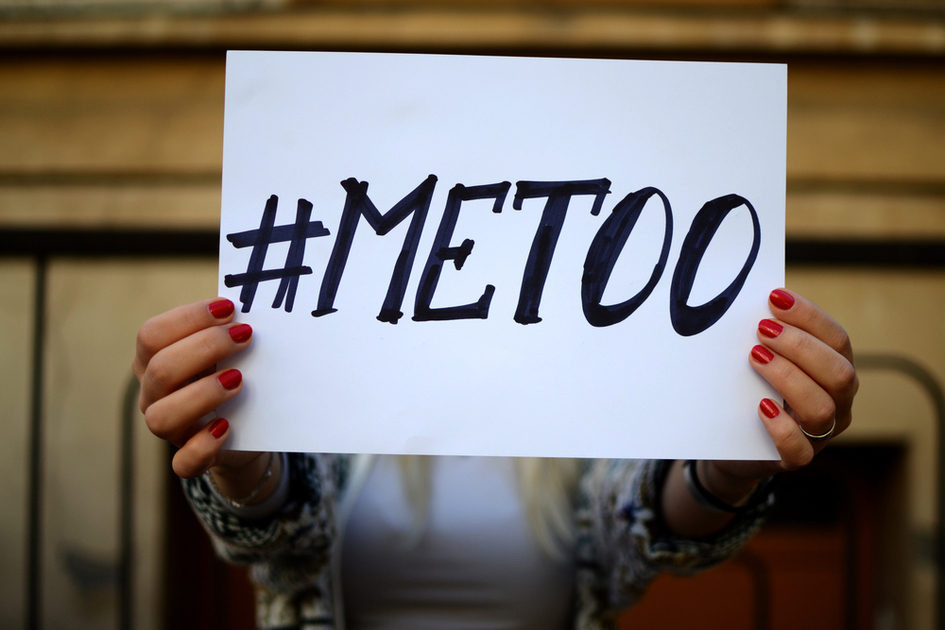Six months ago, The New York Times posted its bombshell article titled “Harvey Weinstein Paid Off Sexual Harassment Accusers for Decades” that launched the #MeToo movement, ousted scores of high profile men from powerful positions, and ultimately caused sexual harassment to become a prominent and persistent subject of our national conversation. What has happened during these past six months that all employers should know?
Legislation
Illinois was at the forefront in enacting legislation regarding sexual harassment. As we previously reported, in November 2017, the General Assembly amended the State Officials and Employees Ethics Act to prohibit sexual harassment and to require units of local government and school districts to adopt stringent policies against sexual harassment. Second, House Bill 4242—which is now in the Senate—amends the Local Records Act to add a section regarding severance agreements related to sexual harassment. Specifically, if a unit of local government or school district enters into such an agreement, the public body must publish on its website and advise the news media of the following information: (1) the name and title of the employee; (2) the amount of the payment; (3) an explanation that the employee engaged in sexual harassment as defined by law; and (4) the date, time and location of the public meeting at which the public body approved the severance agreement. The bill allows this information to be withheld under certain circumstances, including if its release would identify the complainant. The bill also contains various immunities and protections for public bodies. Finally, unbeknownst to many, the General Assembly has also established House and Senate task forces to develop recommendations for future legislative action, which are due by December 31, 2018.
What recommendations may be forthcoming? As reported by the National Conference of State Legislatures, over a dozen other states—including California, New Jersey, New York, Pennsylvania, South Carolina and Washington—have recently introduced numerous bills regarding sexual harassment, which may provide us with examples of forthcoming legislation. Examples of such bills are as follows:
- Prohibiting mandatory arbitration of sexual harassment claims;
- Providing a complainant with a longer period of time in which to file a complaint;
- Imposing personal liability on individuals;
- Requiring employers to provide annual anti-harassment training;
- Prohibiting confidentiality or non-disclosure agreements; and
- Finding that any negative employment action against a complainant within 90 days of his or her complaint is automatically considered retaliatory conduct.
While Illinois may not follow the lead of other states, the above outline may be issues discussed by the task forces and could become recommendations issued by the end of the year.
Litigation
In late March 2018, at a Society for Human Resource Management conference, U.S. Equal Employment Opportunity Commission (“EEOC”) Acting Chair Victoria A. Lipnic announced that the EEOC has not experienced an upsurge in sexual harassment charges within the past six months. At this same conference, employer groups and insurers reported, however, that they were receiving notably more threats of lawsuits and demand letters related to sexual harassment. How should we interpret this anecdotal data? If true, employees are becoming more vocal and perhaps more readily retaining counsel, but are not yet filing charges with the EEOC. Nevertheless, as was recognized at the conference, these facts could indicate that a busy summer for the EEOC and challenging season for employers may lie ahead.
One indication that increased litigation may be on the horizon is the founding of such entities as the TIME’S UP Legal Defense Fund. In January 2018, the National Women’s Law Center launched TIME’S UP with the support of actors and high profile individuals in the entertainment industry. TIME’S UP focuses on supporting the careers of women—particularly low-income women and women of color—by providing them with legal and public relations support across a wide variety of employment sectors, including government. TIME’S UP has been referred over 2300 complaints as of this publication. The fund underwriting TIME’S UP totals at least $21 million provided by approximately 20,000 donors and has to date funded the activities of over 500 attorneys. Given its founders and resources, TIME’S UP—and related organizations—could prove to be a significant influence as this movement progresses.
We will continue to update you on developments in this area. In the meantime, an employer’s best defense is to have a legally compliant policy based on best practices and to have conducted recent anti-harassment training for both supervisors and staff. For policy guidance and training, you may contact Stephanie B. Donovan or your Tressler attorney.
